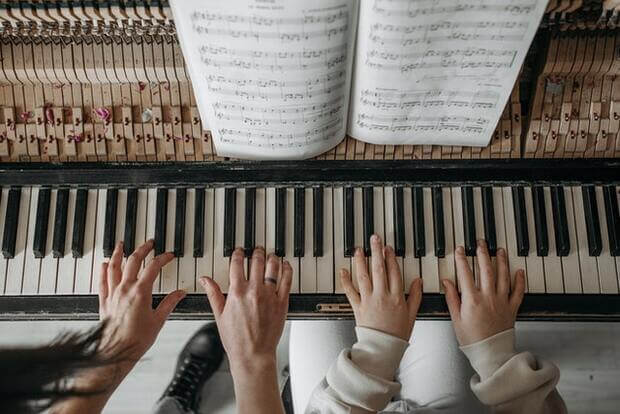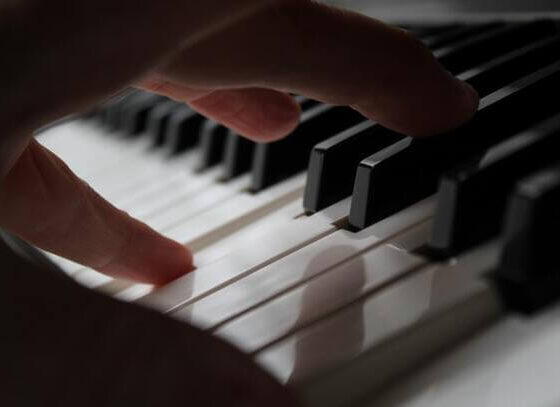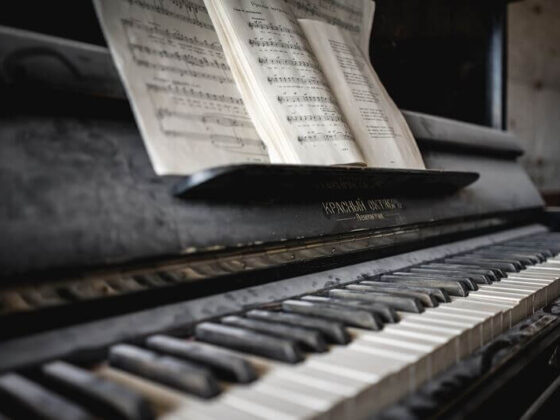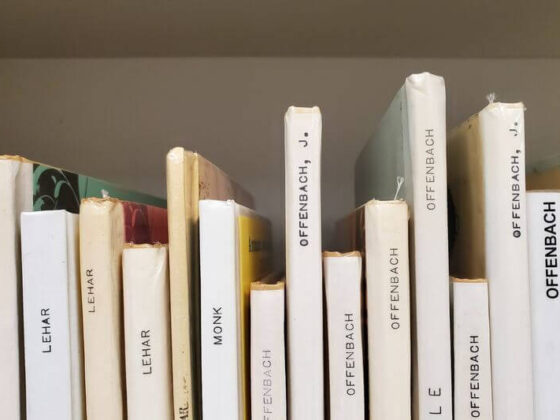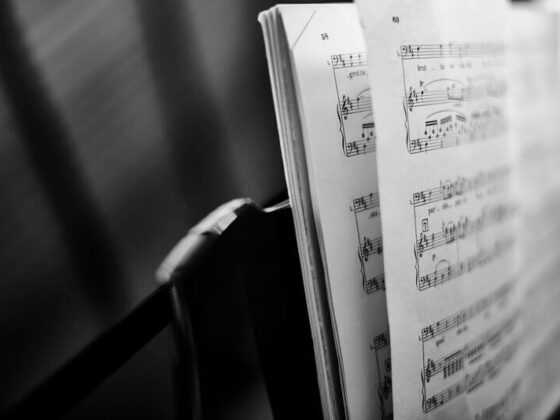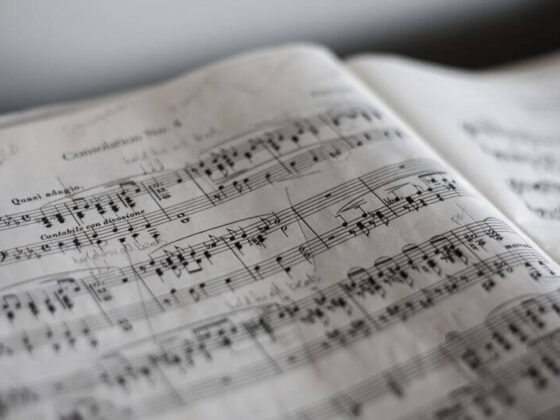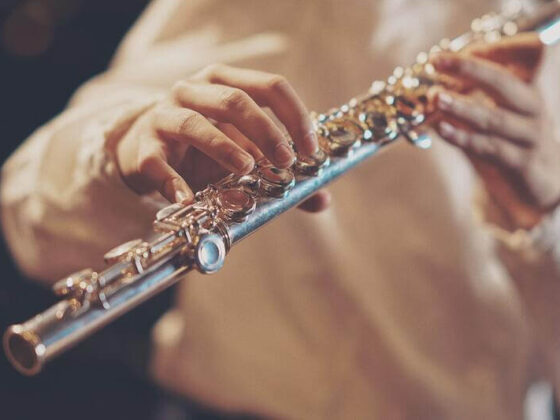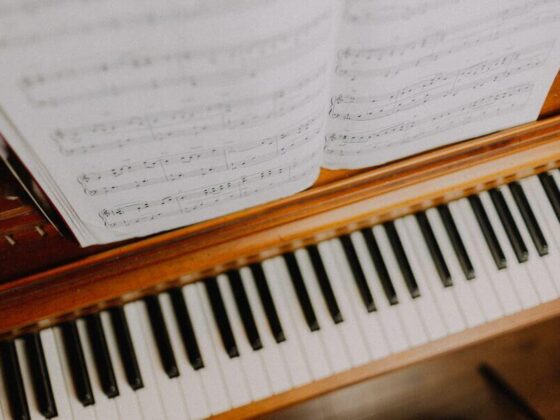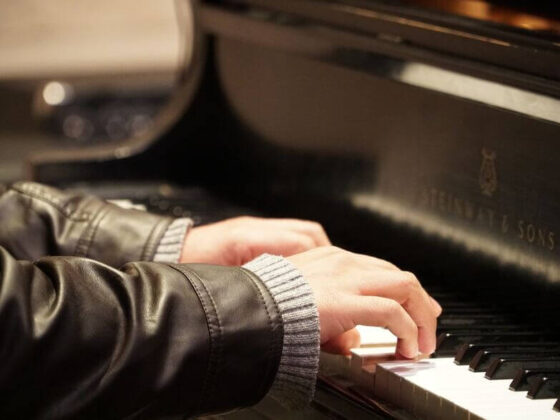An ambidextrous person has no particular dominant hand. Instead, they can use both of their hands equally for various tasks. Because of this flexibility, ambidexterity is an ability that every musician desires. Even though most instruments require both hands, queries regarding pianists being ambidextrous are pretty apparent.
Assuming that pianists are ambidextrous is not entirely wrong. Some links show ambidexterity on many levels that are apparent with years of piano mastery. However, their ambidexterity may be limited, and all pianists may not possess this ability.
Seeing an ambidextrous person at play can be pretty impressive. This rare ability may put you at an advantage in numerous arts, sports, music, and many other settings. However, there may be many misunderstandings regarding the natural abilities of an ambidextrous person. This article focuses on clarifying such misinterpretations.
Most pianists don’t necessarily start ambidextrous. And not being ambidextrous should not limit you to start practicing piano or gaining mastery in it. With effective practice and training over time, you can gain an exceptional level of skill and strengthen your non-dominant hand to perform tasks you previously couldn’t do.
Pianists that have been practicing for years subconsciously strengthen their non-dominant hand. They may observe that their weaker hand can perform plenty of other tasks, which wasn’t possible before, such as drawing, opening jars, throwing or holding objects, and similar activities.
Yet, there are still limits to this ability. More complicated tasks such as writing with your non-dominant hand would not feel natural just by playing piano alone. Practice, patience, and consistency are necessary to form strong muscle memory.
Looking for a fun & easy way to learn the piano?
Skoove offers interactive piano lessons that work with all pianos and keyboards!
Try it now with a 7-day free trial
Do You Need to Be Ambidextrous to Play Piano?
Anyone can play the piano. You don’t need to be naturally ambidextrous to play it. Pianists can develop ambidexterity over time and with experience over the instrument, but being ambidextrous is not necessary to play the piano.
Being ambidextrous by nature is extremely rare. If you’re not ambidextrous, that shouldn’t stop you from starting to play the piano. Most people who begin with the piano have only one dominant hand. Over time they can train their weaker hand to perform better, and that’s how they can develop a level of ambidexterity.
All it takes is proper practice and patience. Although you’ll struggle for a while, gradually, you’ll be able to take on complex pieces and build your hand strength and freedom.
People can overestimate the impact of ambidexterity in piano playing. Although there might be some benefits for natural ambidextrous players, it’s nothing significant or outstanding. Playing piano for beginners would be equally difficult for everyone. Even if you’re ambidextrous, you’ll need to train both hands to do their job by using various techniques to strengthen hand freedom regarding the instrument.
Does Being Ambidextrous Help With Piano?
Playing the piano requires equal use of both hands and independence. An ambidextrous person is at an advantage since both their hands are uniformly solid and independent. Therefore, learning different techniques would be slightly easier for them than most.
The piano might look pretty simple to play as compared to other instruments. And understanding music theory is more straightforward since the keys are laid out flat on a plain surface in sequence, unlike a guitar’s fretboard.
But, in reality, a piano can be a complex instrument and requires more skill than most other instruments. Both your hands are being used for different purposes simultaneously, and for this reason, hand independence becomes compulsory. Pianists will need to train to develop liberty for their weaker hand at a certain career level. Those who are already ambidextrous will find this particular area relatively effortless.
However, this does not mean an ambidextrous person would find it natural to play complex pieces of music. You still need to practice your scales and hand movements regardless of your nature. In addition, your muscle memory for every act is different, and even an ambidextrous person will have to practice and build their muscle memory.
Does Playing Piano Make You Ambidextrous?
Modern research and brain scans have found results of long-term pianists to be different from an average person. For example, pianists can develop ambidexterity in certain areas because their central sulcus gets symmetrical, resulting in hand movement independence.
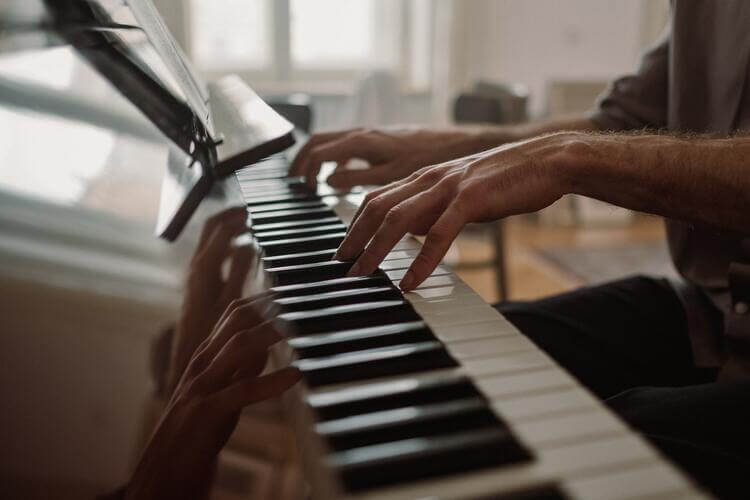
Many instruments require you to use both your hands but playing the piano is slightly different. You’re using your left hand to play bass notes and harmony, while your right hand is usually more focused on melodies and more complex movements. With years of practicing playing the piano, your brain can learn and develop new pathways that lead to freedom in hand movements. This way, your brain can disregard the dominance of a particular hand and make you ambidextrous.
Of course, this ambidexterity is not limited to piano playing only, and you may even experience your previously non-dominant hand to get stronger in other numerous little activities. Yet, it is entirely possible not to develop ambidexterity in other areas. But, with the proper training, both your hands will flow smoothly over the piano.
Is Being Left-Handed an Advantage in Piano?
Both hands on a piano are used for different purposes. Whether being left-handed is advantageous is dependent primarily on the choice of music. For example, modern jazz, swing, and rock feature bass notes, and a left dominant hand would be advantageous in this genre.
A left-handed person naturally has more control over their left hand. While playing music focused more on bass notes and carrying chords, left-handers would be better at hitting the right keys and applying the exact amount of pressure on them for a cleaner tone. However, a right-handed pianist might struggle in this genre of music, but they could have their strengths in playing faster and cleaner melodies.
Usually, music is written where melodies are more complex, and right-handed pianists can benefit from playing on their strengths. But by playing and correctly practicing the piano for long enough, both your hands will develop strengths of their own. Therefore, no particular dominant hand can be stated to provide an advantage over the other.
Is Piano Harder for Lefties?
Playing the piano requires the use of both hands equally, and both have their roles. It’s not harder to play piano from the left hand or the right hand. However, some things may become more accessible to a left-hander while others may be complicated and vice versa.
Not many differences exist in having a particular dominant hand because you’ll need to train them both separately anyway. As a beginner, everyone struggles with their non-dominant hand. With proper training, you’ll develop freedom in all ten fingers and gain control. It hardly makes a difference if you’re right or left-handed because both your hands are equally important while playing the piano.
Playing the piano as a left-handed person won’t make it more difficult or easier than playing as a right-handed person.
You use your left hand to play bass notes and carry chords, then your right-hand plays melodies over it. A left-handed person won’t struggle as much as a right-handed person playing bass notes and strengthening their hands. However, developing their right hand to play melodies could be slightly more complicated than a right-handed person learning to play the same piece.
However, you still need to train yourself to be ambidextrous in playing piano, and for this reason, it doesn’t make a big difference in what your dominant hand is. You’ll need to go through the same patience and suffering to be great at the piano.
Conclusion
Not all pianists are ambidextrous, and you don’t need to be born ambidextrous to be good at piano. However, the piano does require you to use both your hands equally.
Fortunately, you can learn this skill over time by effectively practicing on the piano. Your brain changes when you train your non-dominant hand to perform like your dominant hand. That’s why it’s possible to gain freedom of hand movements in other areas by playing the piano.
Being right-handed or left-handed has no significant effect because training is needed for both hands with the piano.

